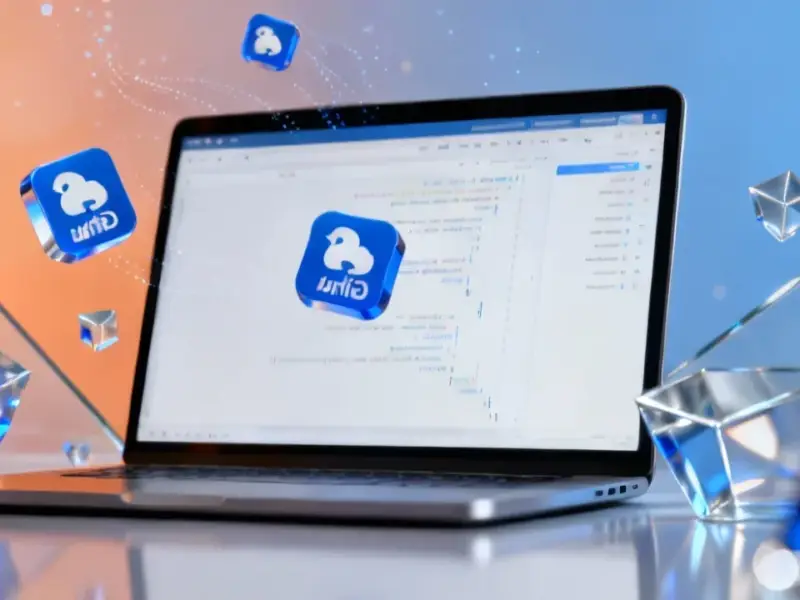According to VentureBeat, an international research team has released Denario, an artificial intelligence system capable of autonomously conducting scientific research across multiple disciplines and generating complete academic papers from initial concept to publication-ready manuscript in approximately 30 minutes for about $4 each. The system can formulate research ideas, review existing literature, develop methodologies, write and execute code, create visualizations, and draft complete papers, with one AI-generated paper already accepted for publication at the Agents4Science 2025 conference. The team is making the software publicly available as an open-source tool under a GPL-3.0 license, with the main project and graphical interface accessible on GitHub and a public demo hosted on Hugging Face Spaces. This development marks a significant turning point in applying large language models to scientific work, though the researchers acknowledge substantial limitations and ethical concerns about validation and authorship.
The Uneven Impact Across Scientific Communities
The arrival of systems like Denario will affect different scientific stakeholders in dramatically different ways. For early-career researchers and graduate students, this technology represents both an opportunity and a threat. The ability to rapidly generate literature reviews and preliminary analyses could accelerate their work, but it also raises questions about what constitutes foundational research skills in the AI era. Established researchers with deep domain expertise will likely benefit most, using Denario as a force multiplier while providing the critical oversight needed to validate results. However, the system’s current limitations—described by its creators as performing at the level of a “good undergraduate or early graduate student”—suggest it won’t replace senior scientists’ intuition anytime soon. The real disruption may come in how research teams allocate human capital, potentially shifting junior researchers from literature review and coding tasks toward more strategic, interpretive work.
The Looming Validation Crisis in Scientific Publishing
Perhaps the most immediate concern is how scientific publishing will adapt to AI-generated content. The fact that one Denario-generated paper was accepted at a peer-reviewed conference specifically for AI-authored work demonstrates both progress and the need for new validation frameworks. Traditional peer review assumes human authorship and may be ill-equipped to detect the kind of “mathematically vacuous” proofs and hallucinated results that the Denario team documented. Scientific journals will need to develop new verification protocols, potentially including mandatory code and data sharing, automated plagiarism detection for AI-generated content, and specialized review processes for AI-assisted research. The research paper describing Denario openly discusses these failure modes, providing valuable transparency that other AI developers should emulate.
Economic Implications for Global Research
At $4 per paper, Denario could dramatically lower barriers to scientific participation, particularly for researchers in developing countries and underfunded institutions. The ability to generate preliminary research and literature reviews at minimal cost could democratize access to scientific exploration. However, this accessibility comes with risks. As the researchers warn in their comprehensive paper, “AI agents could be used to quickly flood the scientific literature with claims driven by a particular political agenda or specific commercial or economic interests.” We could see an explosion of low-quality research that overwhelms traditional quality control mechanisms, or worse, coordinated campaigns to manipulate scientific consensus on politically or commercially sensitive topics.
Enterprise Research and Development Transformation
For corporate R&D departments, Denario represents a potential paradigm shift in how early-stage research gets conducted. The system’s modular architecture allows companies to deploy it for specific tasks like competitive intelligence, literature review, or preliminary data analysis while maintaining human oversight for critical decisions. The availability of official Docker images makes enterprise deployment straightforward, addressing reproducibility and scalability concerns. However, companies will need to develop new protocols for validating AI-generated research, particularly in regulated industries where research quality directly impacts product safety and regulatory compliance. The system’s tendency to produce “confident-sounding errors” means that human expertise becomes more valuable, not less, in the validation process.
The Future of Human-AI Collaboration in Science
Rather than replacing scientists, Denario appears positioned to become what its creators call “the ultimate co-pilot” for research. The system’s design—with human intervention possible at any stage—suggests a future where AI handles the tedious aspects of research while humans focus on asking the right questions and interpreting results. This division of labor could accelerate scientific progress by freeing researchers from time-consuming tasks like coding, debugging, and initial drafting. However, it also raises important questions about skill development for future scientists. If AI systems handle literature review and methodology development, how will junior researchers develop these critical competencies? The educational implications alone warrant careful consideration as these tools become more widely available through platforms like their public demo.
Broader Ethical and Societal Implications
The Denario project touches on fundamental questions about the purpose and process of scientific discovery. The researchers’ concern about the “Turing Trap”—where the goal becomes mimicking human intelligence rather than augmenting it—speaks to deeper philosophical questions about scientific progress. There’s a real risk that AI-driven research could lead to homogenization, where novel but unconventional ideas get filtered out by AI systems trained on existing literature. Additionally, the attribution and ownership of AI-generated research remains legally and ethically murky territory. As these systems become more capable, we’ll need to reconsider what constitutes scientific contribution and how to properly credit both human and artificial intelligence in the research process. The availability of example papers generated by Denario provides valuable transparency, but broader conversations about scientific ethics in the AI age are urgently needed.




